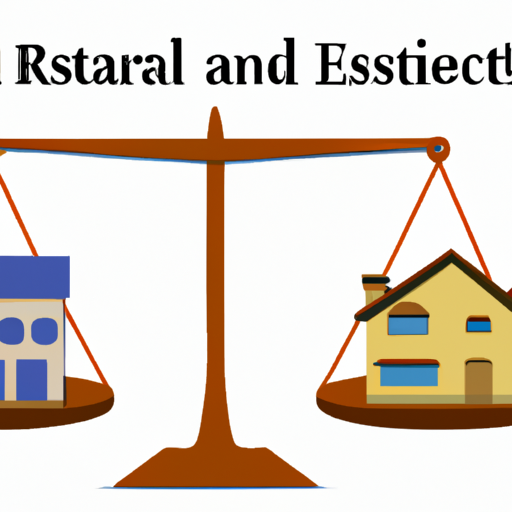
Is investing in real estate a good idea?
Investing in real estate can be a fantastic way to build wealth and secure your financial future. Real estate has long been considered a stable and lucrative investment option, allowing you to generate income through rental properties and potentially benefit from property appreciation.
But are there any downsides to investing in real estate?
While the advantages of real estate investing are numerous, it’s important to consider the possible disadvantages as well. One potential disadvantage is the high upfront costs involved.
1. High upfront costs
Unlike some other investment options, investing in real estate typically requires a significant amount of capital to get started. You’ll need to cover the down payment, closing costs, and possibly renovation expenses if you plan on buying fixer-upper properties.
In addition, there are ongoing costs to consider – mortgage payments, property taxes, insurance, maintenance, and property management fees (if applicable). All of these expenses can add up and require a steady cash flow to cover.
2. Illiquid investment
Real estate is generally considered an illiquid investment. Unlike stocks or bonds, which can be easily bought and sold, selling a property can take time and effort. If you ever need access to your invested capital quickly, real estate might not be the best option.
3. Market risks
Real estate markets can be cyclical, meaning they go through periods of highs and lows. Property values may fluctuate based on various factors such as location, economic conditions, and supply and demand dynamics. This means that if you need to sell a property during a market downturn, you may not get the expected returns or even face losses.
4. Risk of bad tenants
If you’re investing in rental properties, there’s always the risk of dealing with bad tenants. Non-payment of rent, property damage, and legal disputes can all be potential issues. While thorough tenant screening and effective property management can help mitigate these risks, they can never be completely eliminated.
Despite these disadvantages, real estate investing can still be highly rewarding. It’s important to thoroughly evaluate your financial goals, risk tolerance, and available resources before diving into the real estate market. By doing your due diligence, seeking professional advice, and being prepared for the potential challenges, you can increase your chances of success in the exciting world of real estate investing.